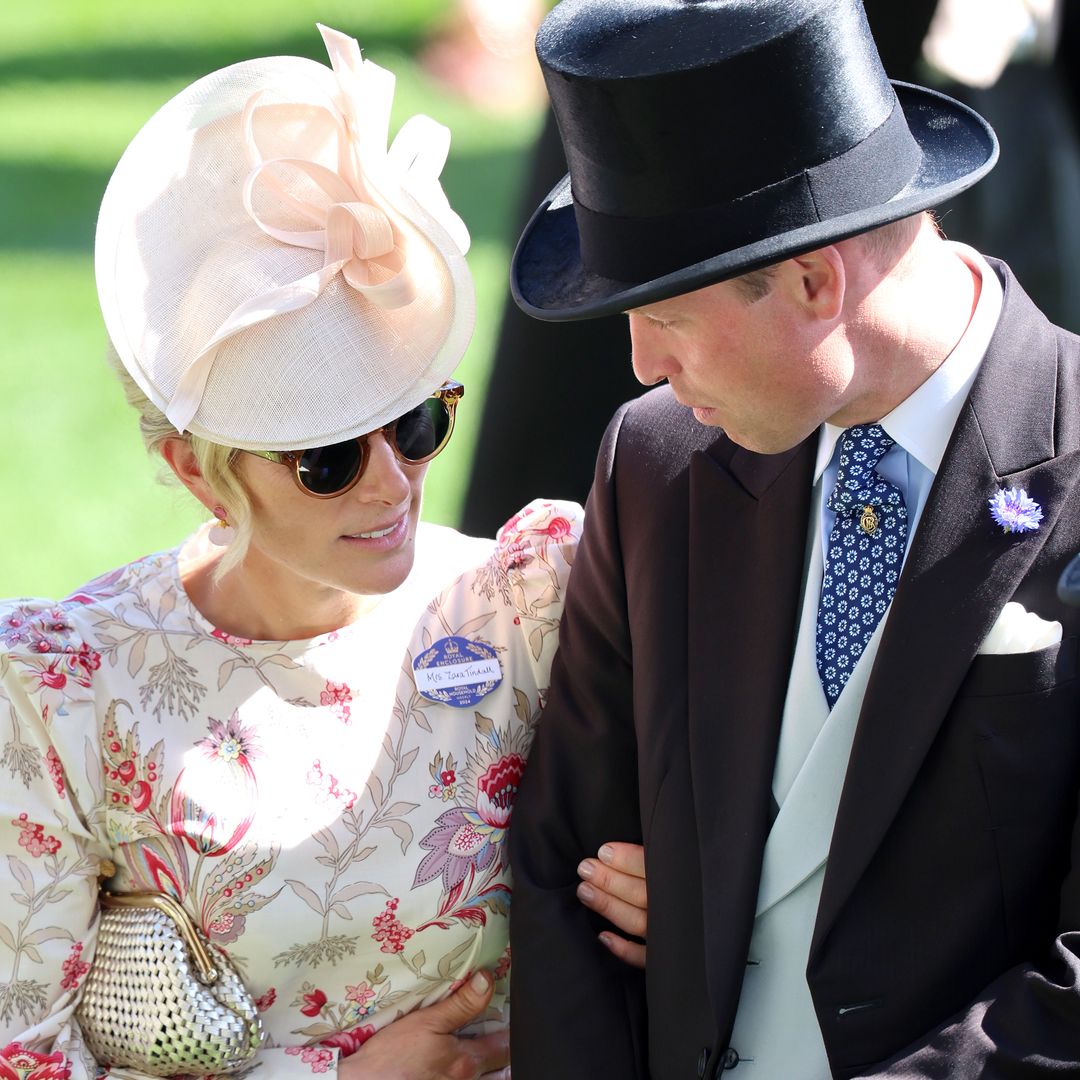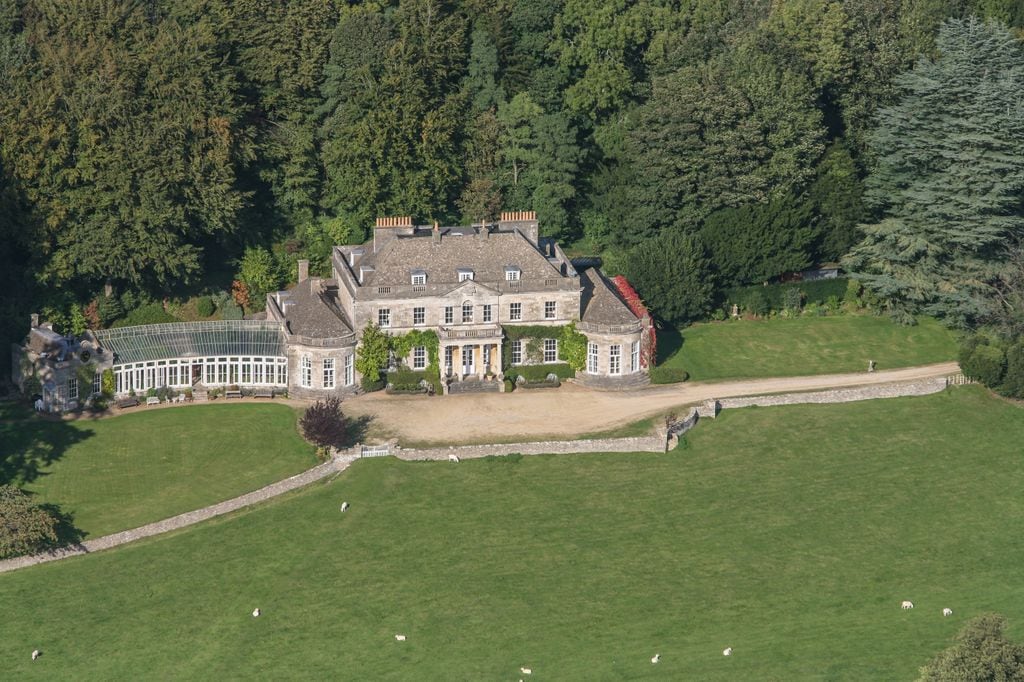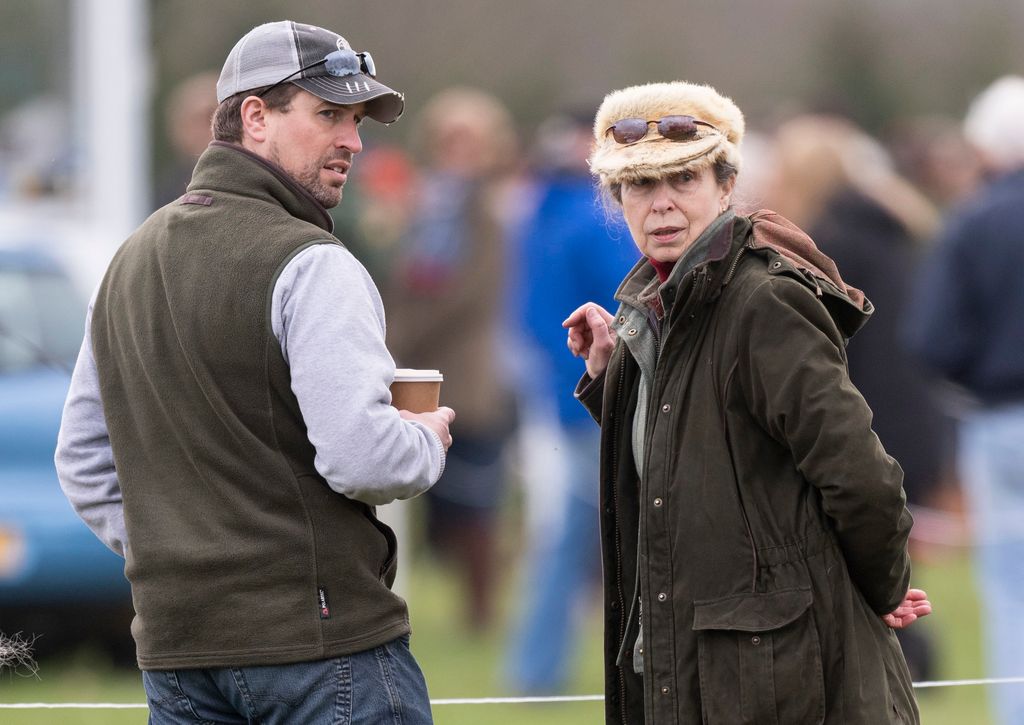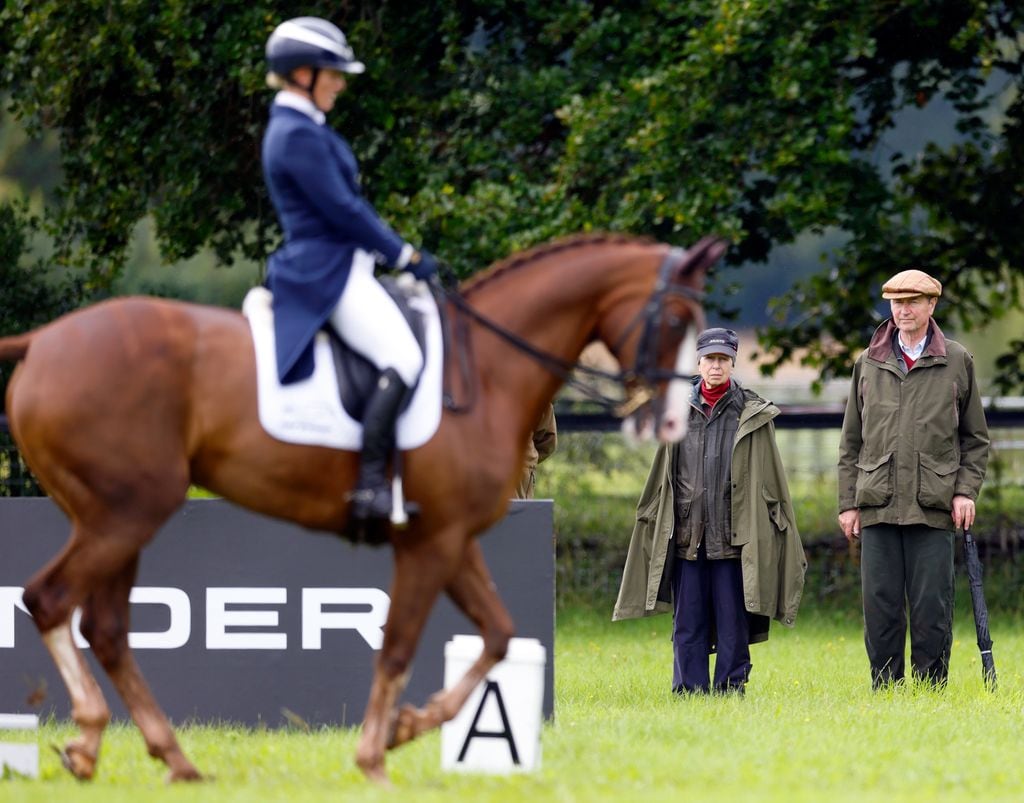Following the change of reign and government, the finances, taxes and private assets of the members of the British Royal House are being analyzed and raising a series of questions. A few weeks ago an ijournalistic investigation into the extent of business in the duchies of Lancaster and Cornwallthe private money of Charles III and Prince William respectively, opening the debate on whether they can operate commercially while being exempt from paying taxes on those businesses. Then it was Prince Andrew’s “pocket” that made headlinessince he surprised the palace authorities by presenting financial solvency from sources that have not been made public in order to continue living in the thirty-room house that he has rented and that belongs to the public patrimony of the sovereign, a king who, on the other hand, , seems to have declared financial war on him. In this scenario, it has been the turn of Anne of England and more specifically her children, Peter Phillips and Zara Tindall, who could have to shell out a million-dollar sum.
The British Minister of Finance, Rachel Reeves, is revealing her budget plans and has announced tax increases with which she intends to raise 40 billion pounds (almost 50 billion euros) at a time when the public accounts of the British government have a hole of more than 22,000 million pounds (about 26,000 million euros), according to the Prime Minister, Keir Starmer, and which he attributes to the poor management of the conservatives. Among the different measures, Labor have announced changes to the inheritance tax, something that is not a problem for Charles III or Prince William, who are exempt from paying taxes, but for other members of his family, especially for the offspring of Princess Anne, siblings Petter and Zara Phillips.
As stated Daily MailPrincess Anne’s Gatcombe Park estate is believed to be subject to new inheritance tax rules affecting agricultural holdings and this residence is, already a huge expanse of land on which the house stands main building from the 18th century, the one occupied by Princess Anne since her mother, Elizabeth II, gave it to her on the occasion of her first wedding with Captain Mark Phillips, and also the two residences that have been built for her children and grandchildren. According to calculations based on the purchase value, that property would currently be worth about 6 million pounds, more than seven million euros, and the 20 percent tax would affect all agricultural assets exceeding one million pounds. The measure proposed by Labor is being very controversial and not because it affects the descendants of Princess Anne, it is the rural and agricultural communities that feel betrayed with this “tithe to the countryside”, while other analysts consider that it endangers the environment and food security of the United Kingdom.
If this measure is approved, the brothers Peter and Zara face a million-dollar tax and this has made headlines in the United Kingdom because it is not common. Since 1993, the heir to the British throne has been exempt from inheritance tax and this is why inheritances go “from king to king.” That is, the bulk of Isabel II’s fortune passed directly to Charles III and not to her four children, since princes Anne, Andrew and Edward would have had to pay. This measure was taken so that the fortune of the Windsors would not diminish with each new generation, arguing that if they were able to finance themselves through their own methods they would not have to resort to public funds. This “royal exemption” dictated by John Major’s government caused a drop in the popularity of British royalty, who counterattacked by digging into their pockets and with Elizabeth II’s commitment to pay taxes voluntarily. Charles III, as Prince of Wales, followed in his footsteps, even going so far as to make some of his accounts public, a measure that Prince William has already made clear that he will not follow. The new heir simply reported that he had paid the appropriate voluntary taxes, but did not put the numbers on the table.




